
By RON MACKOVICH, USC News
Law student Frank Chuman left USC with more than a hundred other Japanese American students early in 1942, when then-U.S. President Franklin D. Roosevelt exiled Japanese Americans and Japanese immigrants into detention facilities, primarily in the western U.S.
Chuman is one of the Nisei generation, the sons and daughters of the Issei, Japanese citizens who had immigrated to the U.S. Chuman and his fellow Nisei represented nearly 75% of the estimated 120,000 people ordered into the detention camps. The others were Japanese immigrants, including parents and grandparents who were the first in their families to come to the U.S.
The duration of detainment varied for every one of them. Chuman, who was forced to live at Manzanar in the valleys east of the Sierra Nevada mountains, was released from the camp after staying there for more than a year.
Over the next 60 years, Chuman climbed far from the valley and finished his law degree. Determined that no others should face such maltreatment, he became a renowned advocate for human rights, challenging discriminatory laws and court decisions. His strategy was crucial to a successful, decades-long effort that ultimately led the courts to overturn the conviction of Fred Korematsu, who had been imprisoned after he refused to go to a detention camp, Roosevelt’s Executive Order 9066.
By the time USC’s living Nisei students were granted honorary degrees in 2012, Chuman had retired to Thailand.
When a decision by USC President Carol L. Folt last fall allowed honorary degrees to be granted to all Nisei students, it seemed unlikely that any would still be living. Grace Shiba, executive director of the USC Asian Pacific Alumni Association, held out hope.

“From the very beginning of this initiative, I was optimistic that I would find a surviving Nisei student, so I began to research the students that were on file,” Shiba said. “Fortunately, I was encouraged to find that Frank Chuman was living in Thailand. We managed to get in touch with him through our Trojan network. The rest is now history.”
Once Shiba made contact in mid-December, a team of leaders from the offices of the president, provost, admissions, advancement and registrar rushed to issue an honorary degree in Chuman’s name. It was sent to his home in Thailand within days, and a video message from Folt was produced right away.
In full regalia, the president addressed the 104-year-old Trojan.
“On behalf of our university, I am so sorry you were never allowed to complete your law degree at our institution,” Folt said. “Eighty years after this grave injustice, I hope you will accept the diploma as our way of thanking you for your distinguished career in law and your everlasting contributions to the Japanese American redress efforts.”
She added, “Your activism in civil rights and involvement in the landmark constitutional cases argued before the Supreme Court show what is just and right about the United States. You’re a shining example that our students of today will aspire to follow.”
Folt also praised Chuman’s 1976 book “The Bamboo People” as a seminal work covering Japanese American legal history, alien land laws, immigration restrictions and wartime confinement.
The Bamboo Will Not Break
Chuman wanted others to know his story. His memoir “Manzanar and Beyond,” published when he was 94, documents his life journey, which began in Santa Barbara County. By the time he was 7, Chuman’s family had moved to Los Angeles. After a brush with gang membership as an adolescent, he became a super achiever in high school as a scholar, athlete and orator. Chuman also became an Eagle Scout before enrolling at UCLA, where he served in ROTC.
As he neared graduation in 1938, he considered applying to the Foreign Service. The dean of UCLA’s political science department at the time dissuaded him, telling Chuman the State Department would hire no one of his ethnicity.
Chuman describes a Depression-era climate in which racism was rampant. It was a time, he wrote, when Nisei Caltech graduates could not get engineering jobs and law firms would not hire Nisei attorneys. He found work in a market on West Beverly Boulevard lugging crates of produce. The hard lifting and splintered crates cut his hands; he had to use his knuckles to operate the cash register.
Chuman believed there was more for him beyond manual labor at the market. He saved his wages to continue his education while facing invisible yet formidable barriers, an experience he later recounted:
“One day one of my co-workers in the produce department who was born in Japan approached me and in a sarcastic tone sneered, ‘I heard you graduated UCLA and that you are saving up money for more education. Forget about this foolish dream. … All the good jobs are for white people, not for people like us who are Japanese.’ I remained silent, knowing that what he was saying was true.”
Chuman was hired as a messenger by L.A. County in the fall of 1938. He carried files around county departments and courts, where he found exchanges between lawyers and judges fascinating. He enrolled at USC as a law student in September 1940.
After the incarceration order was issued on Feb. 19, 1942, Chuman was sent to live in Manzanar, a fenced-in camp east of the Sierra Nevada mountains in Owens Valley. He became administrator of the 250-bed hospital at the detention facility.
In 1943, he resumed his education, first at the University of Toledo and then at the University of Maryland, where he became the institution’s first Asian American law student. Chuman earned his law degree in 1945 and passed the bar in 1947.
Chuman sought opportunities to focus on civil rights issues, fighting for rights and protections for immigrants and Japanese American citizens and to ensure their cultures were recognized. Throughout his law career, he served as legal counsel for the Japanese American Citizen League and helped found the Japanese American Research Project, a repository of documents defining the Japanese American experience.
In his memoir, Chuman recalls words from his early childhood, spoken by his mother. Her words would sustain him through a life that has lasted more than a century:
“You must be like the bamboo. When the wind blows, your body will bend low. Your heart will be full of despair and suffering. The ice and snow will form on the branches. The bamboo will not break. The bamboo is strong and resilient. That it will endure every hardship. You must be like the bamboo. You must not permit yourself to break under the buffeting you will face in your life.”
To see President Folt’s video message to Frank Chuman, click here.
 MIS Veteran’s Story Told in New Book
MIS Veteran’s Story Told in New Book
 'Mythic Quest: Quarantine' is a lockdown gift from AppleTV+
'Mythic Quest: Quarantine' is a lockdown gift from AppleTV+
 Le Mans 24 embraces esports for its 88th annual race on June 13
Le Mans 24 embraces esports for its 88th annual race on June 13
 Student describes the ‘90s as 'the late 1900s' and now we all feel old
Student describes the ‘90s as 'the late 1900s' and now we all feel old
 JACCC Announces Naming of Watanabe Culinary Center
JACCC Announces Naming of Watanabe Culinary Center
 Healthcare workers are saving lives. Here's how you can send them your gratitude.
Healthcare workers are saving lives. Here's how you can send them your gratitude.
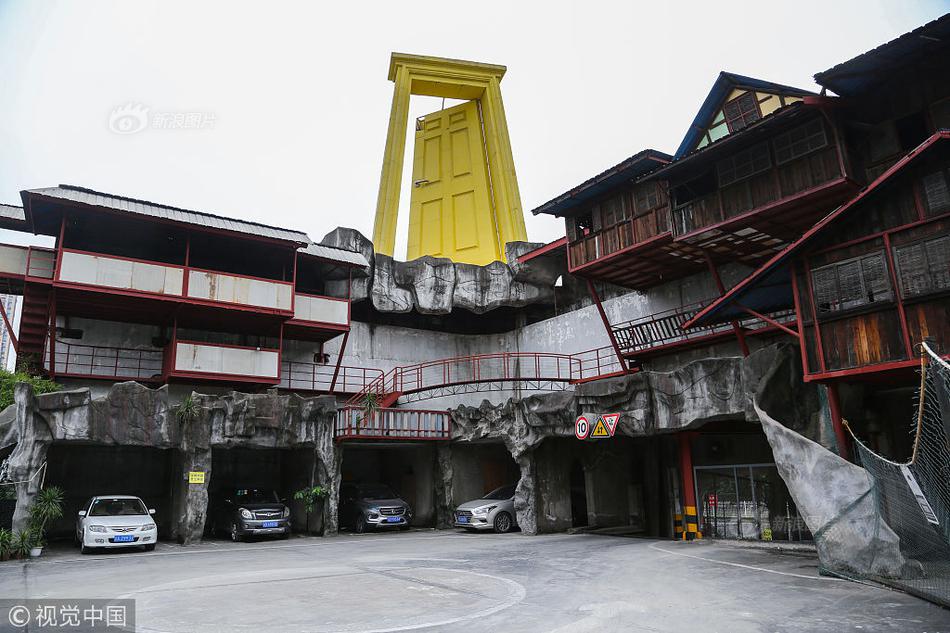 Sphero goes from Star Wars toymaker to making robots for the military
Sphero goes from Star Wars toymaker to making robots for the military
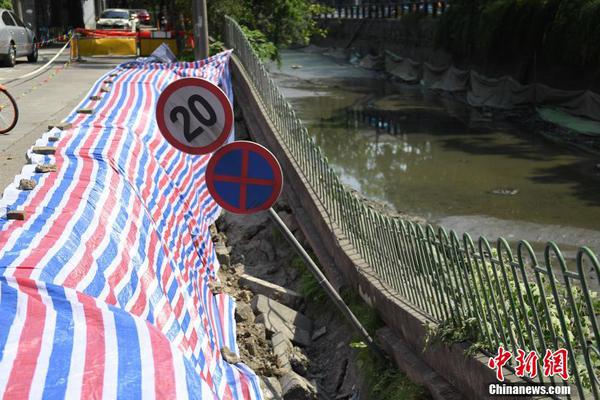 Oatly switches to electric trucks to deliver cartons of oat milk
Oatly switches to electric trucks to deliver cartons of oat milk
 JANM to Recognize Hirono, Herzig Yoshinaga at Gala Dinner
JANM to Recognize Hirono, Herzig Yoshinaga at Gala Dinner
 Coronavirus and the power of playing games
Coronavirus and the power of playing games
 Parker Center Demolition Proceeds as Dispute Lingers
Parker Center Demolition Proceeds as Dispute Lingers
 Apple is reopening its stores. Here's what you need to know.
Apple is reopening its stores. Here's what you need to know.
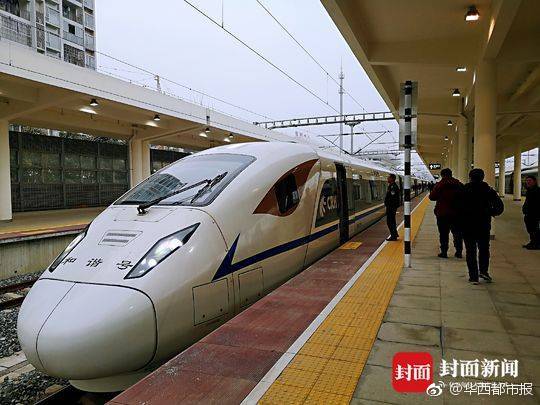 Hulu's 'The Great' trades history for fantastic comedy: Review
Hulu's 'The Great' trades history for fantastic comedy: Review
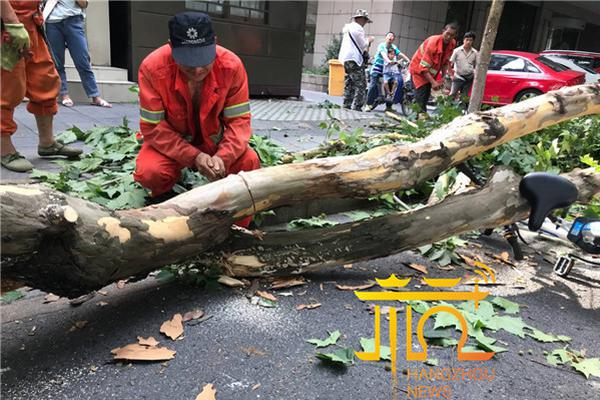 HBO Max will finally #ReleaseTheSnyderCut of 'Justice League'
HBO Max will finally #ReleaseTheSnyderCut of 'Justice League'
 10 Members of 2018 JA Leadership Delegation to Japan Announced
10 Members of 2018 JA Leadership Delegation to Japan Announced
 Use these five free Google Meet features to get the best video calls
Use these five free Google Meet features to get the best video calls
 Healthcare workers are saving lives. Here's how you can send them your gratitude.
Healthcare workers are saving lives. Here's how you can send them your gratitude.
 'Homecoming' Season 2 is the thrilling epilogue we don't need: Review
'Homecoming' Season 2 is the thrilling epilogue we don't need: Review
 JCCH President/Executive Director Announces Retirement
JCCH President/Executive Director Announces Retirement
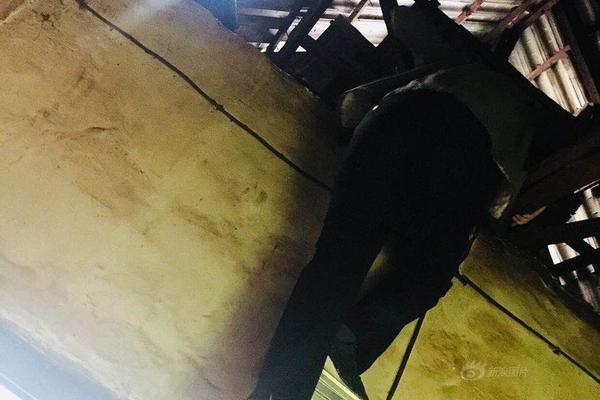 HBO partners with Scener to create co
HBO partners with Scener to create co
To curb the spread of coronavirus, here are some fun handwashing tips'If you have a crush on me, tell me now' tweets never get oldThese are the emoji most often used in connection with coronavirusJill Biden and Symone Sanders rush protester off stage during Joe Biden's victory speechBernie Sanders' Nevada caucus win caused a ruckus on political TwitterTinder cancels apocalyptic show's global debut due to coronavirusOhio will close all its bars and restaurants to slow down coronavirusThe best gifts for the gamer who travelsHumane Society will give you a bad custom drawing of your pet for a $15 donationWe have a potent weapon against coronavirus and should use it promptly Kim Kardashian's tasteless birthday photos instantly became a copypasta meme Reporter drops an extremely relatable F Tinder finally rolls out video dating to global users We made up punny names for New Jersey marijuana dispensaries to cope with election anxiety Horniest new emoji from iOS 14.2 to upgrade your sexting game Does monogamy work? This new book explores the controversial question. Why you're reflecting on past mistakes more than ever before ABCmouse is an engaging platform for kids that doesn't require parental help I used to wash my face with dish soap. Here's my attempt at a skincare routine. Rudy Giuliani uploaded racist video to YouTube in which he's seen mocking an Asian accent
0.1856s , 14397.3203125 kb
Copyright © 2025 Powered by 【hot hd sex videos beatiful girls】Enter to watch online.Frank Chuman, 104, Receives Honorary Degree from USC,Global Perspective Monitoring